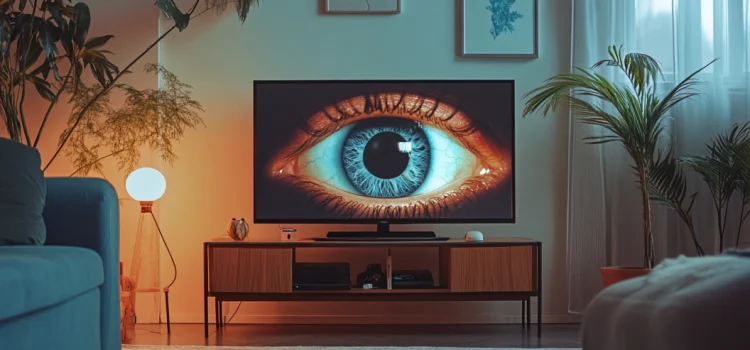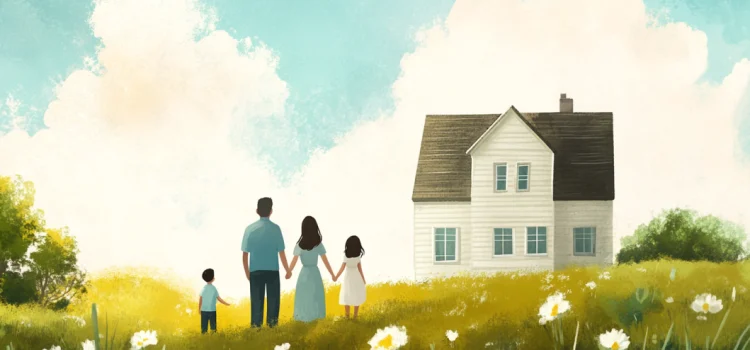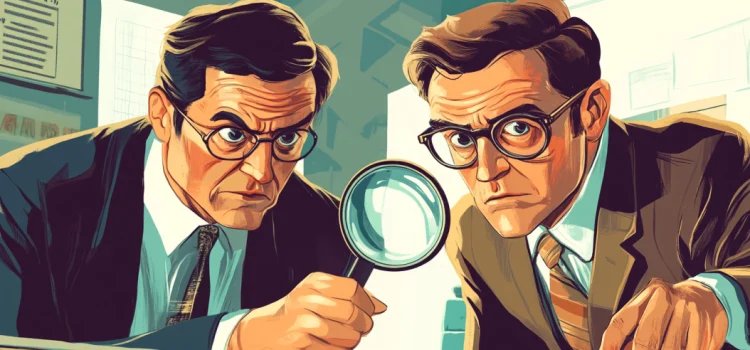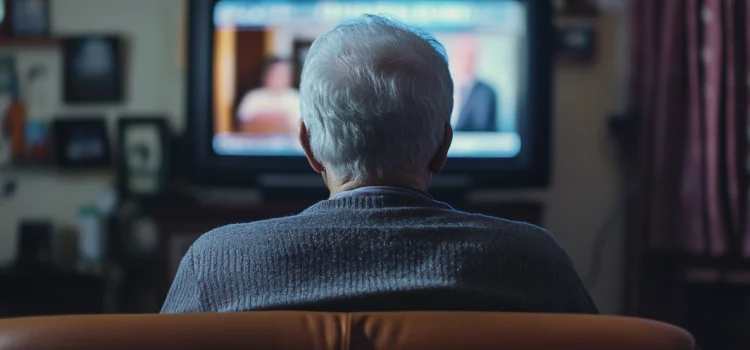Could geoengineering be the solution to climate change? Are the risks worth the potential benefits? The field of geoengineering is getting a second look from some scientists, policymakers, and tech billionaires, who wonder whether it could help fend off climate disaster. Geoengineering for climate change involves manipulating the Earth’s climate system to counteract the impacts of greenhouse gas emissions. Below, we’ll discuss what geoengineering is, why scientists have pushed back against it, and why some are now giving it a cautious second look.
Is Geoengineering a Solution for Climate Change?










